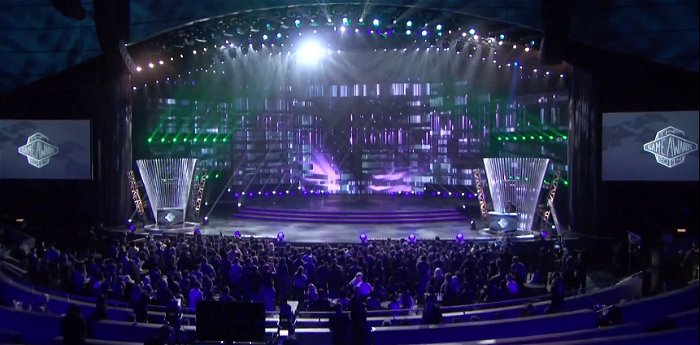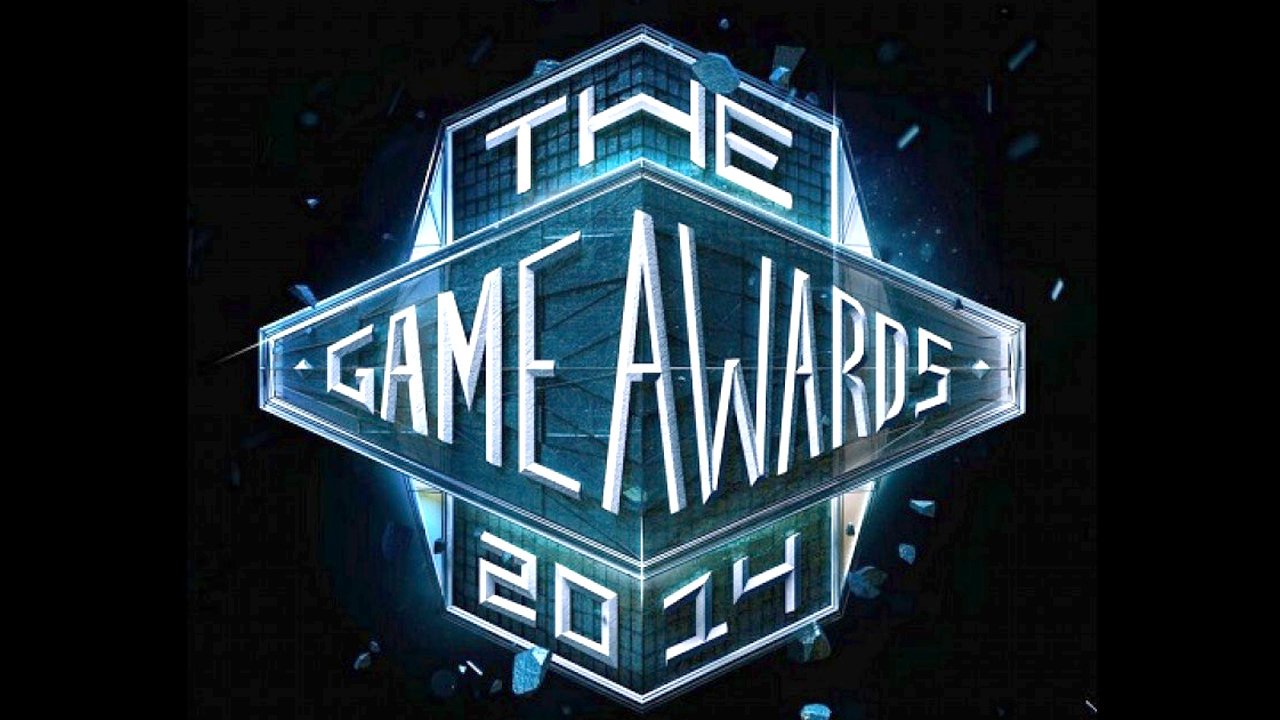There’s never really been a proper videogame awards show. Sure, honours may be handed out to developers and noteworthy titles at the Game Developers Conference (GDC), IndieCade, and Independent Game Festival (IGF)—alongside a great many magazines and websites each year—but no single event centralizes everything: there’s no equivalent to film’s Oscar’s, television’s Golden Globes, or literature’s Man Booker Prize. The closest the industry has come, regrettably, is probably Spike TV’s now defunct Video Game Awards (VGAs or, in last year’s inexplicable rebranding effort, VGX). Aired on cable television and promoted heavily enough to attract a substantial viewership, the VGAs attempted to stand out as the videogame awards show each year. Unfortunately, the event was also an annual mess of clumsy fanboy pandering, awful jokes, and lazy celebrity cameos. It all came together as more of an embarrassment than a point of pride for the industry.
Now, with the VGAs cancelled, the show’s former host Geoff Keighley has attempted to start his own replacement with the (extremely straightforwardly named) The Game Awards. The event, which was held on Friday night (December 5
), was confusing, though—a strange mix of blatant advertising and seemingly earnest attempts to honour the developers behind 2014’s best games.

The problems began with an emphasis on announcing unreleased games and showcasing new footage from upcoming titles. While the debut of titles like Three One Zero’s Adr1ft and Fullbright Games’ Gone Home follow-up Tacoma were nice to see, the show quickly became unbalanced, focusing more on showing off gameplay trailers than actually presenting awards. The handful of times a developer (like Casey Hudson or Tim Schafer) took the stage to read out the winners of categories like Best Performance or Best Independent Game, The Game Awards came close to being what it seemed like it was designed for. Far more often these awards were handed out in throwaway segments in the middle of one of Keighley’s interviews from the show floor.
Much more precedence was given to the obvious co-marketing opportunities that helped fund the event. At one point Keighley advertised an ongoing Steam sale, going so far as to highlight Wolfenstein: The New Order’s 67% discount. Cutaway presentations strewn throughout the show highlighted the upcoming Game of the Year award through narrated marketing talking points (Dragon Age: Inquisition, the winner, has “over 100 hours of content!”). The many interviews with publishers provided little more than opportunities for corporations to aggressively advertise their products. All of this established a tone where the craft of videogame development was honoured far less than industry commerce.
Making matters worse was a loudly mic’d audience that cheered and hollered at every announcement, whooping at gory kills in Bloodborne and chanting “Reggie” when Nintendo of America’s president Reggie Fils-Aimé took the microphone (strangely) for the third or fourth time of the show. When Sierra Entertainment founders Roberta and Ken Williams came on stage to accept the Industry Icon Award, shouts from the crowd gave the whole thing took on the feel of a wired-up high school assembly. Each attempt at turning The Game Awards into a respectable celebration of the medium—like storied Nintendo composer Koji Kondo’s live performances and the retrospective video introducing the Williams—was undermined by an audience made up of overexcited fans and the cynical insertion of corporate executives taking full advantage of the show’s advertising opportunities.
The end result was a messy, confused event continuing in the disappointing tradition of the VGAs. It was difficult to have very high expectations for The Game Awards, but the initial news that Keighley was designing an independent, webcast show did offer a glimmer of hope for something better than past awards shows. The reality of financing something of its scale must, I imagine, have taken its toll on the entire production. How is a definitive awards show supposed to be pulled off without the backing—and subsequent advertising spots—of companies like Valve, Nintendo, or Electronic Arts? Whether or not a big, glitzy videogame awards show even needs to exist is definitely debatable; after all, honours are given to individual games and developers by almost every media outlet. Just the same, the idea of an annual event that gives the industry an opportunity to celebrate the year’s accomplishments isn’t without merit. It’s only too bad that nobody can seem to figure out how to create such a show without overly indulging either the audience’s lowest common denominator or its corporate sponsors. If The Game Awards returns in 2015, let’s hope it learns from this year’s mistakes.




